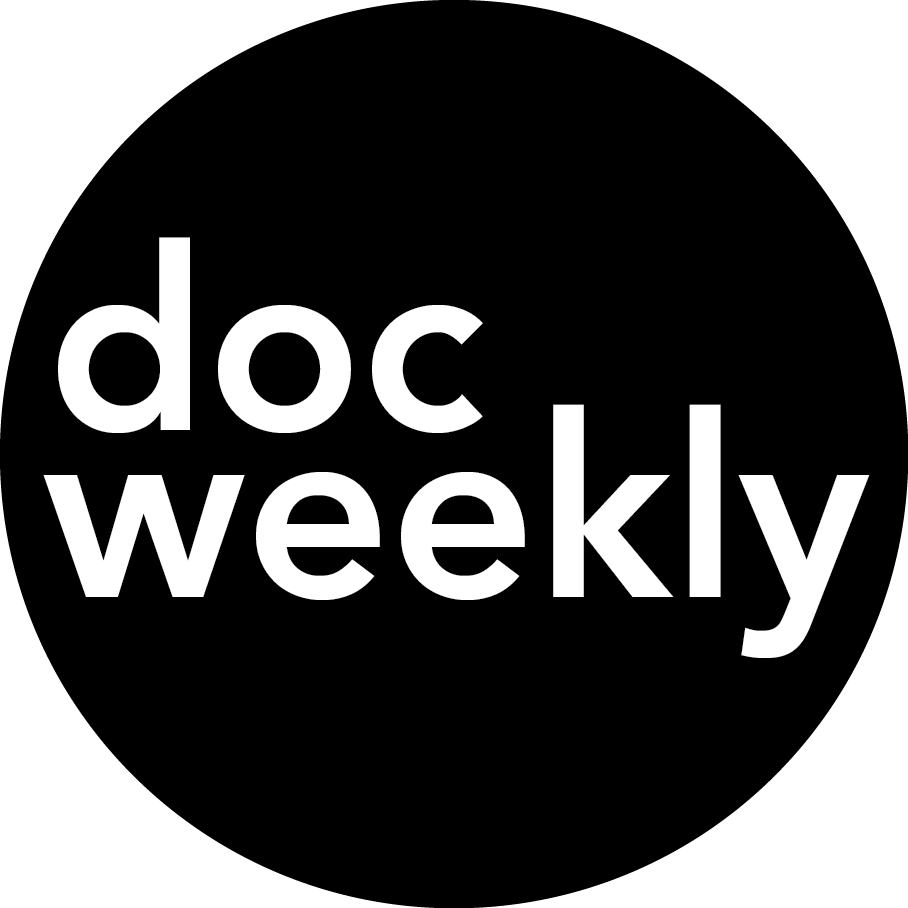Three Directors Exploring the World of Sensory Disability Through Film
In her 2014 TED talk ‘I’m Not Your Inspiration, Thank You Very Much’, the late journalist and activist Stella Young coined the phrase ‘inspiration porn’. She used it to refer to the slew of popular media depicting people with disabilities as motivational spectacles for a non-disabled audience. While ostensibly well-meaning, she explained, to be uplifting they rely on the assumption that having a disability or impairment is a terrible thing; that disabilities can’t co-exist with an essentially normal life. If You Knew, MARINA and A Sonic Pulse are three short documentaries that flip this assumption on its head, painting a warm and dynamic picture of life - relationships, leisure, coming of age - not in spite of, but alongside, their subjects’ sensory disabilities.
Dutch director Kate Villevoye first stumbled across the Youtube channel of thirteen-year-old Marina Katarina Kovac during a late night internet search, curious about the online presence that blind people around the world create for themselves. Marina, a teenage girl living in the Netherlands, who has interchangeable prosthetic eyes and navigates the world by hearing echoes - would regularly vlog her life to her 21,000 subscribers: doing exercises classes, chopping vegetables, riding a bike, hanging out with friends. ‘I enjoyed travelling back to life at the hectic age of thirteen with her through these videos, but experiencing it all through her this time’ Villevoye said. She got in touch, and they made MARINA, a 7-minute short documentary that premiered at the International Film Festival of Rotterdam, now available to view on Nowness. ‘The main objective of this film was to create a portrait that authentically captures Marina; how she is as a teenager, as a friend, as a person, and not solely focus on her disability. I wanted to celebrate her perseverant and curious personality and normalise her disability rather than pity her for it, but I did want to explore in the film how her peers handle her disability as well and how technology and social media comes into play when coming of age blind. The journey to adulthood is a strange time and Marina gives us an immediate look at her life.’
Similar in many ways in tone and style is If You Knew, a documentary short by British director Stroma Cairns. The film follows two twin teenage boys, Lewis and Connor, meeting to reconnect after months of fighting and no communication. It began as a project about Lewis and his group of friends, who all happen to be Deaf, who Cairns approached after seeing them hanging outside her front door on mopeds, signing enthusiastically. ‘However, everyone but Lewis then decided to pull out of the film. The project then began to be just about Lewis and his outlook on life. We became good friends and I learned a lot about him and his family. The day before we were due to film with Lewis, Connor - who I’d never met - got in touch and wanted to see him. This then resulted in a very last minute decision to make the film about the two of them coming together after not having spoken in months.’ Cairns - who herself has grown up with hearing loss - said the film changed her perspective on wearing her hearing aids. ‘Lewis and Connor are so unashamed of their deafness and feel it doesn’t stop them from doing anything. For the first time in ages I felt proud to wear my hearing aids - I had a lot of shame around wearing them in school. I wanted to make a film that didn’t victimise those who are hard of hearing. I hope to think that anyone watching it will feel it is a positive and joyous outlook on sensory disabilities. For me personally it aims to show that you’re not any less of a person if you’re Hard of Hearing: as Lewis says, ‘I’ve got the same brain - I just can’t hear’’.
For Antoine Marinot, co-director of A Sonic Pulse - a Resident Advisor film that explores Deaf peoples’ experience of electronic music - the filmmaking process was also somewhat personal. ‘Because of my partial Deafness, and the prospect of losing my hearing completely, I am increasingly aware of issues relating to Deafness’ he says. ‘I’ve always gone to clubs and listened to music, both before and after losing hearing in my left ear. Before making this documentary I’d never really questioned or processed how my experience of feeling music in a club environment has changed. Because I can still hear music very clearly, my focus is more on hearing than feeling. But after making this film I’m definitely going to try to change my approach to experiencing music from now on.’ The film, which Marinot directed with Dorothy Allen-Pickard, is about what people with hearing loss can teach us about the sound and physicality of music. ‘It’s crucial that we start to reframe our perceptions of sensory experiences to take on board the great range of experiences people have of this world and it’s built-up environments.’
All three films are available to watch online for free. Let us know your favourite on Facebook and Instagram.







